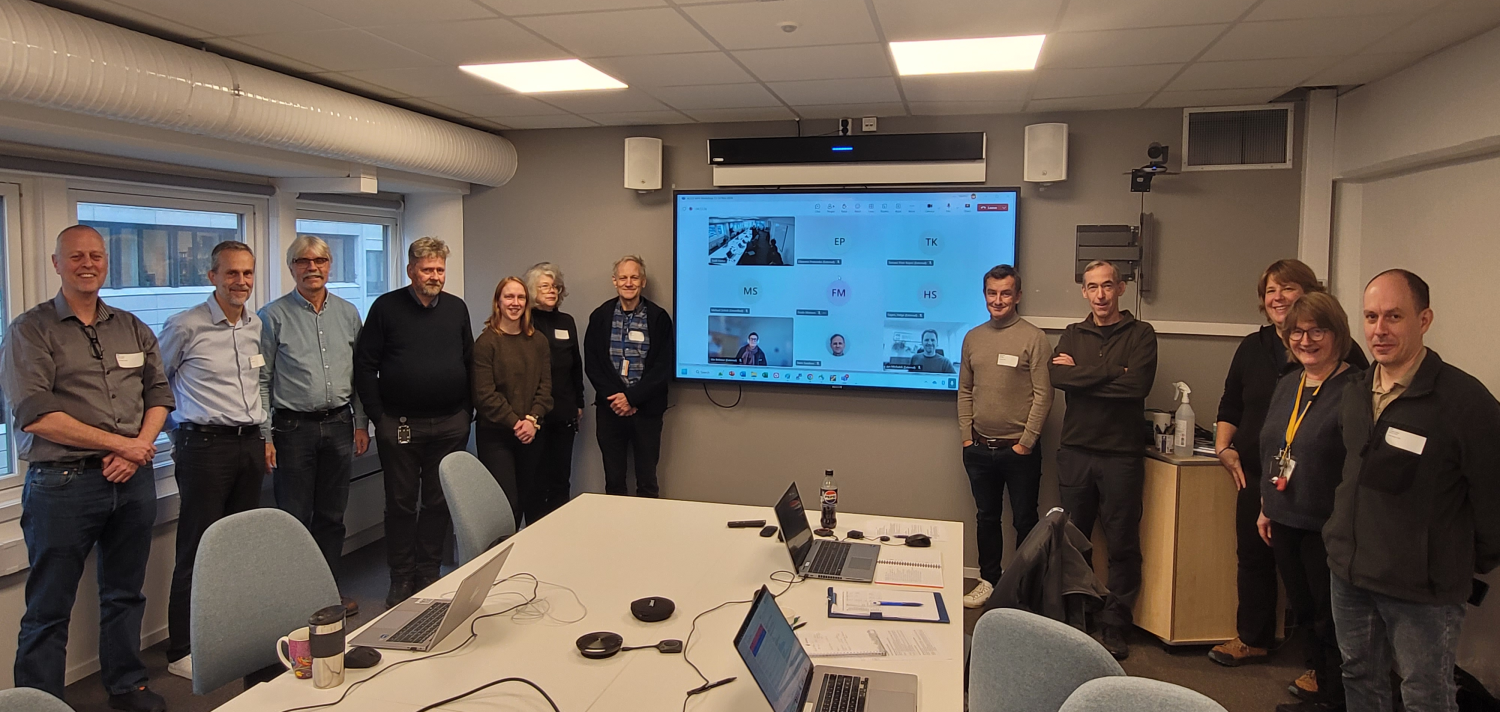AOOS/HiAOOS workshop on Big Data frameworks and technologies

Nansen Environmental and Remote Sensing Center (NERSC), together with the Norwegian Meteorological Institute (Met Norway) and the Institute of Marine Research (IMR) are organising a workshop on Big Data Frameworks and Technologies in Bergen this week, 13-14 November. This workshop is a collaboration between HiAOOS and the project Arctic Ocean Observing System (AOOS) funded by the Norwegian Ministry of Foreign Affairs. The workshop is organised by HiAOOS’ Torill Hamre from NERSC, and Øystein Godøy from Met Norway (AOOS)
Workshop objective:
Scientists, infrastructure operators and platform developers in Arctic ocean observing, processing, analysis and data distribution are invited to discuss how to leverage existing and upcoming digital technologies and frameworks to establish robust solutions for data storage, manipulation and distribution in a sustained Arctic Ocean Observing System (AOOS). The observing component of the AOOS is focused on measuring changes in the ocean under the sea ice using fixed, cabled and mobile platforms, including technologies for collection, communication, and distribution of data.
The workshop is organised in the following sessions:
Session 1: Marine data infrastructures.
This session will present current and upcoming technologies used in data infrastructures managing and distributing different kinds of marine data, among others oceanographic and water quality data, sea ice observations and seismic data, marine species and biodiversity. A specific focus will be on identifying challenges in data digitalization for heterogeneous environmental data and important technologies needed for handling the rapidly growing amounts of data and for improved interoperability with international data infrastructures, initiatives and ecosystems.
Session 2: International data initiatives and ecosystems.
In this session Norwegian and European data platforms and systems-of-systems are invited to present their technological approaches and outline expected future developments. We are particularly interested in important technological advances in data digitalization for environmental data, and how established and upcoming standards, frameworks, tools and digital platforms can be transferred to research infrastructures for ocean observing in the Arctic.
Session 3: Big Data technologies and frameworks.
This session will focus on data from an observing or modelling system arriving at an operation centre routing the data onwards to one or more storage facilities. Furthermore, on processing and analysis ecosystems used for generating higher-level data products, and a distribution centre for sharing data with targeted users and stakeholders.
Stay tuned for further updates as they occur…